Republicans Politicize Trump Shooting
On a tense Saturday, former President Donald Trump survived an assassination attempt during a rally in Pennsylvania. The incident has sparked a wave of reactions across the political spectrum.
While details are still emerging, Trump’s supporters quickly began pointing fingers, igniting a new chapter in America’s already heated political landscape.
Initial Reactions from Trump Supporters
Within hours, Trump’s supporters, from establishment Republicans to far-right conspiracy theorists, blamed Democrats for the attack. Websites and social media platforms were flooded with accusations, suggesting that left-wing rhetoric had motivated the shooter.
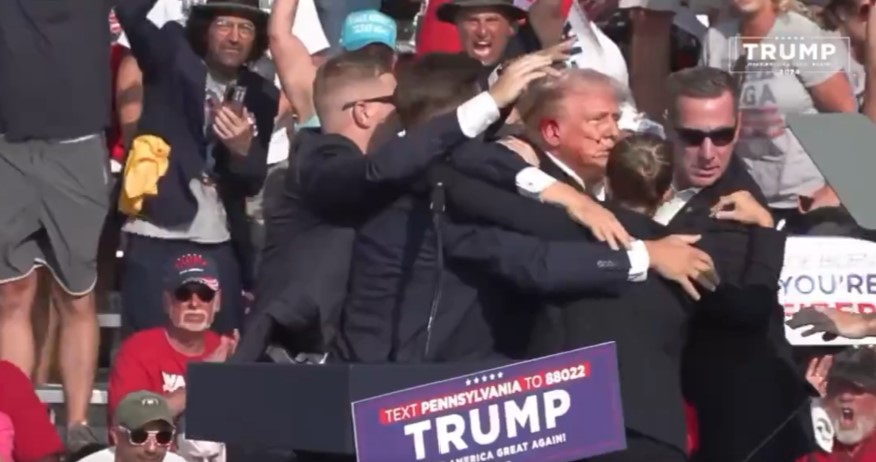
Source: @elonmusk/X
The narrative quickly took hold, fueling a firestorm of political rhetoric.
Accusations Against Democrats
Prominent Trump backers, including U.S. Representative Steve Scalise, accused Democrats of inciting violence through their harsh criticism of Trump.
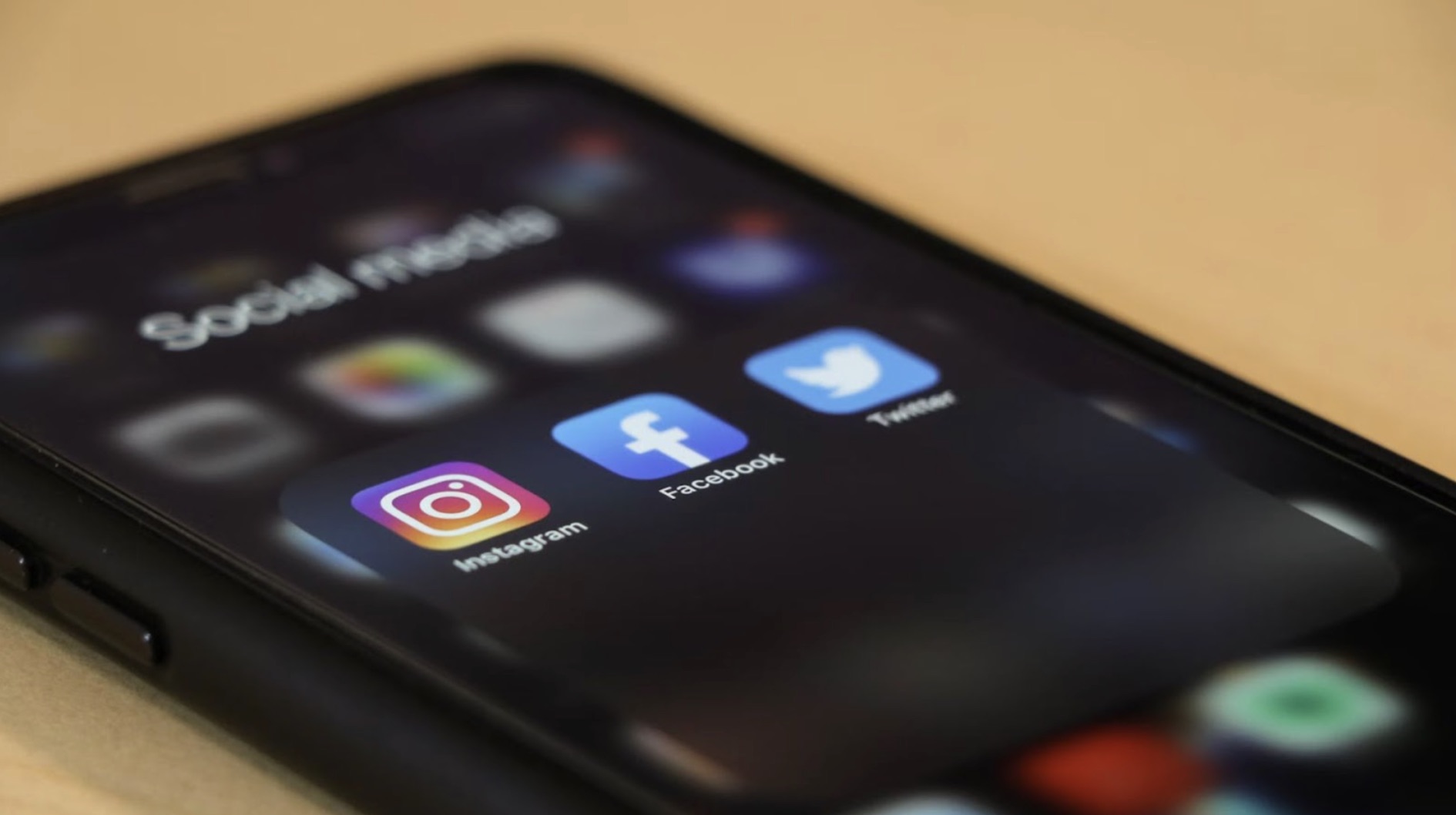
Source: dole777/Unsplash
Scalise highlighted a recent comment by President Joe Biden, where he metaphorically put Trump “in the bullseye” during a discussion with donors. Republicans claimed this kind of language contributed to the attack
Biden's Controversial "Bullseye" Comment
On July 8, Biden spoke to donors about his focus on defeating Trump, saying, “It’s time to put Trump in the bullseye.” This comment was seized upon by Trump supporters as evidence of incitement.
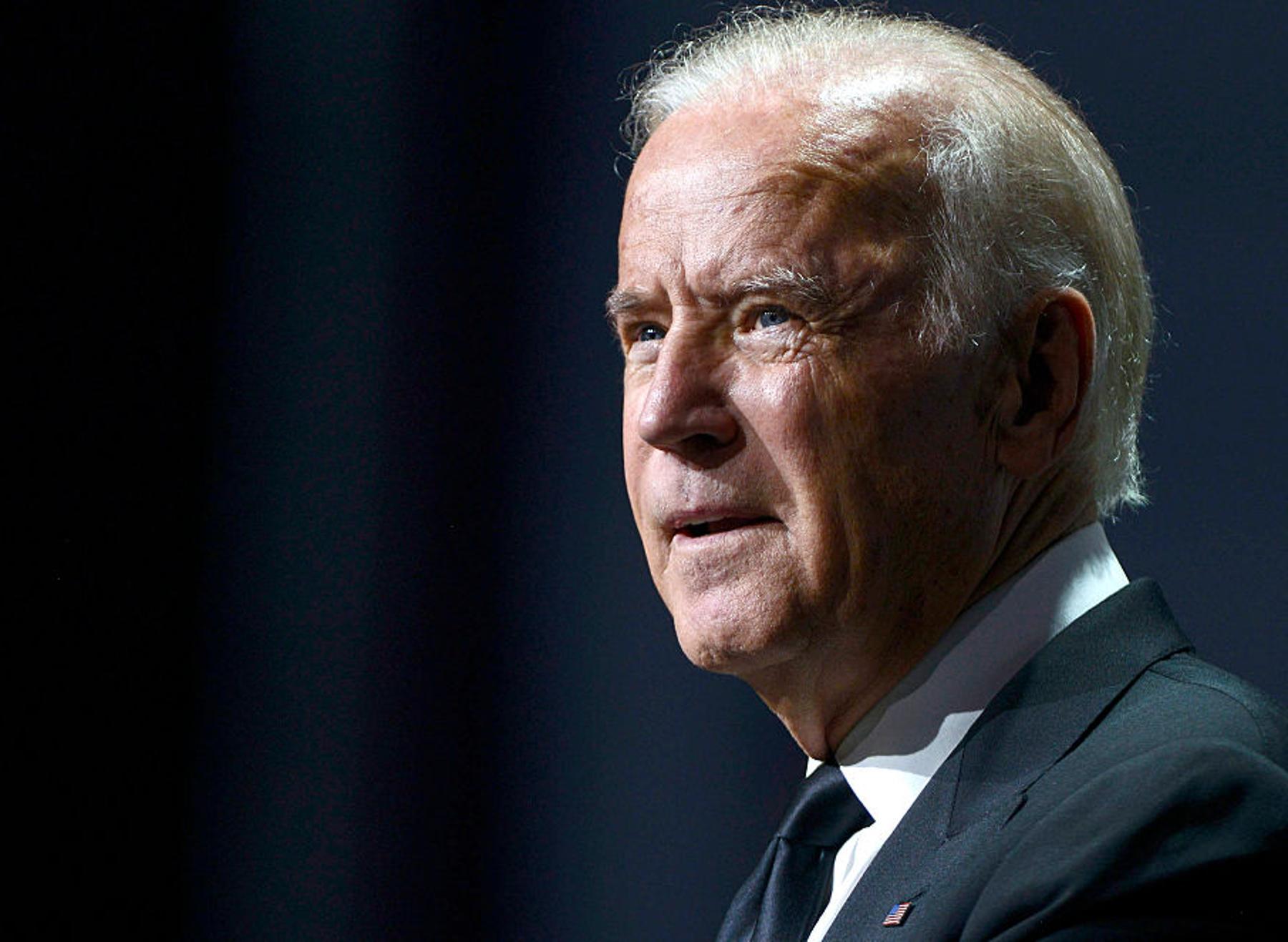
Source: Leigh Vogel/Getty Images
Critics argued that Biden’s words, taken out of context, were being used to fuel a false narrative of Democratic aggression.
Comparing Political Rhetoric
Experts like Kurt Braddock from American University argue that equating Biden’s criticism with violent rhetoric from Trump supporters is misleading.
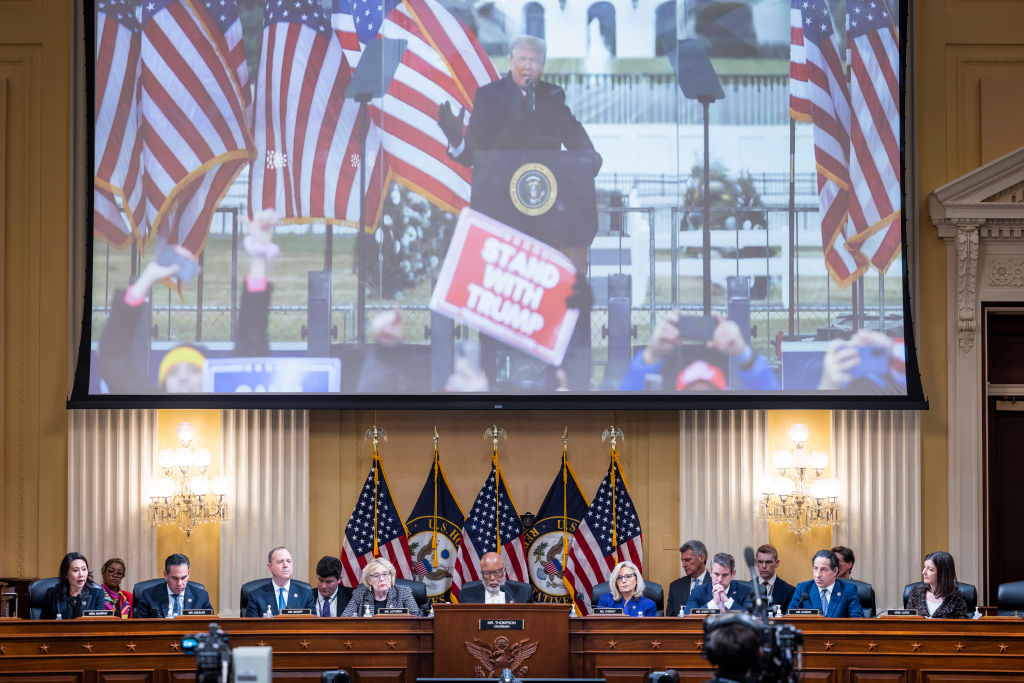
Source: Jim Lo Scalzo-Pool/Getty Images
Braddock noted that while Biden’s remarks were pointed, they did not advocate violence, unlike some of the language used by Trump and his followers, which often carries explicit threats.
Historical Context of Political Violence
A Reuters analysis of over 200 politically motivated violent incidents between 2021 and 2023 showed that most fatal attacks came from the right. This period marked the highest sustained levels of political violence since the 1960s.
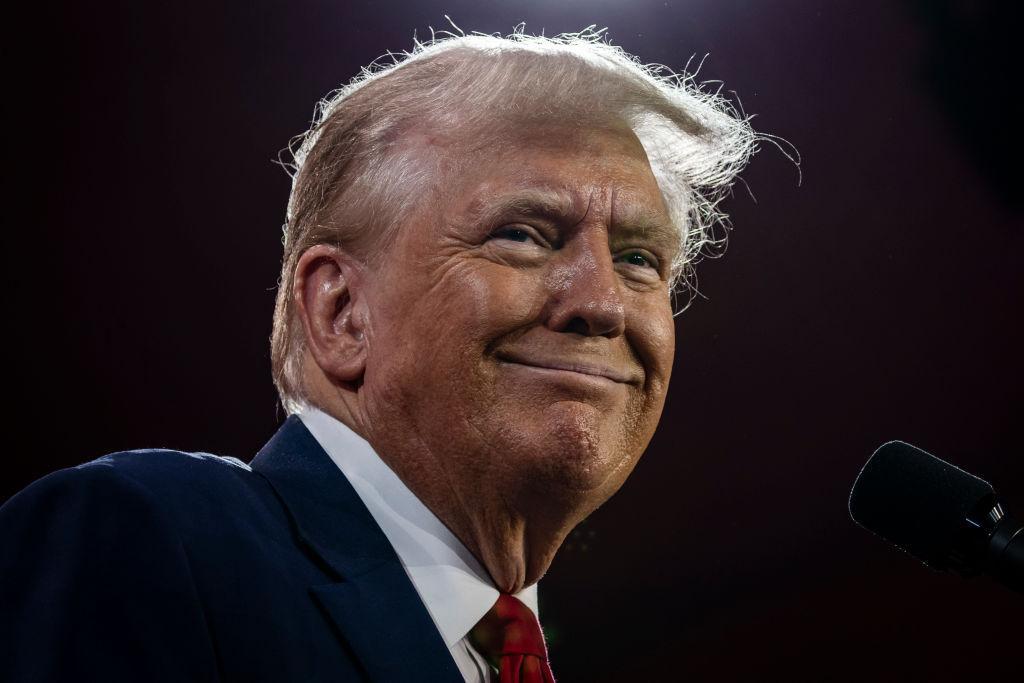
Source: Getty Images
While both sides have contributed to unrest, violent attacks on people were predominantly linked to right-wing beliefs.
Reaction from Right-Wing Media
Right-wing media and websites, such as Patriots.Win, erupted with conspiracy theories following the attack. Claims of a “deep state” plot and calls for extreme measures like martial law flooded forums.
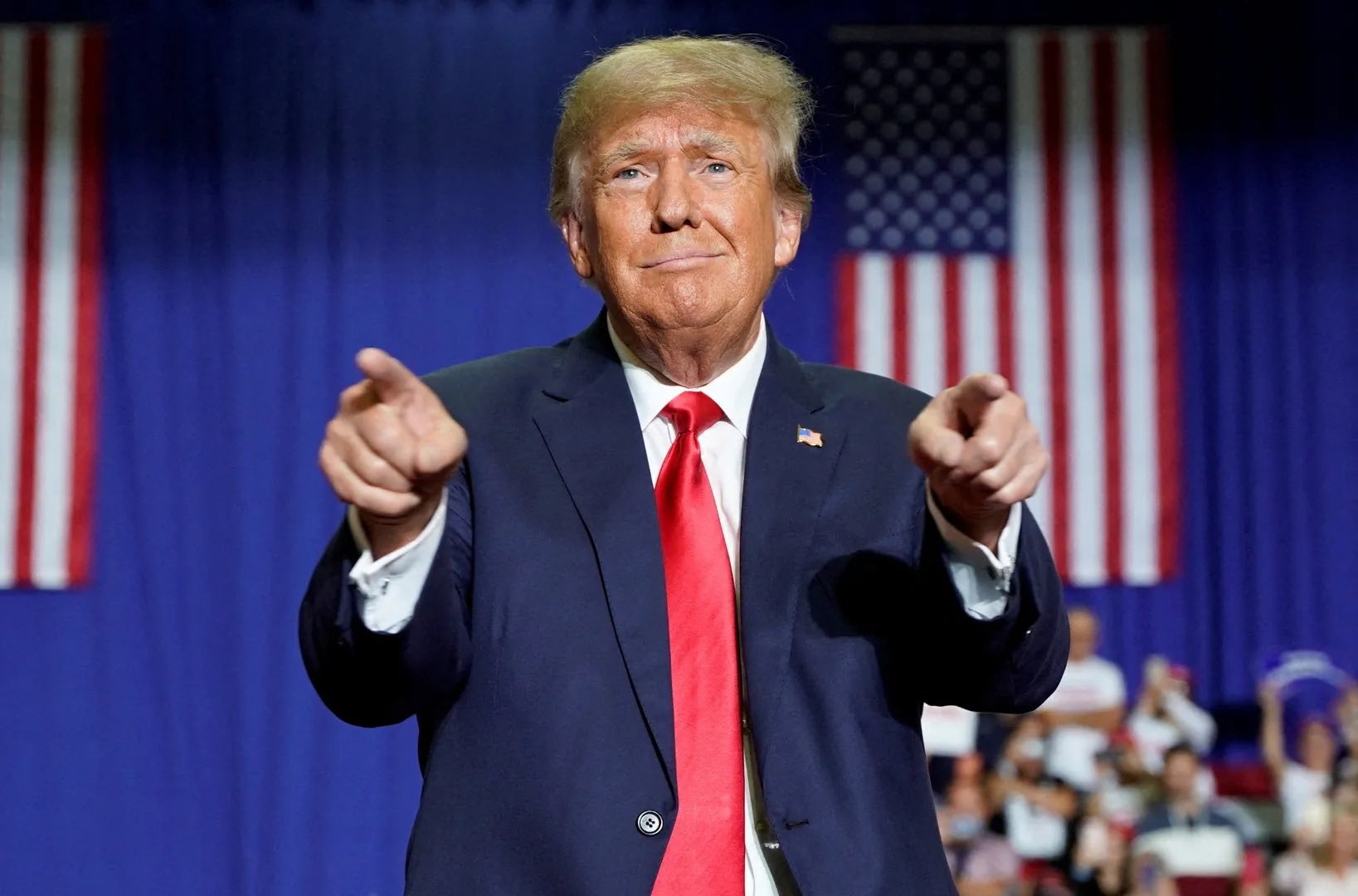
Source: @BRICSinfo
Some users even suggested that further attempts on Trump’s life were inevitable, stoking fears of ongoing violence.
Calls for Unity Amidst Division
In the wake of the attack, Trump initially responded with defiance, urging his supporters to “fight.”
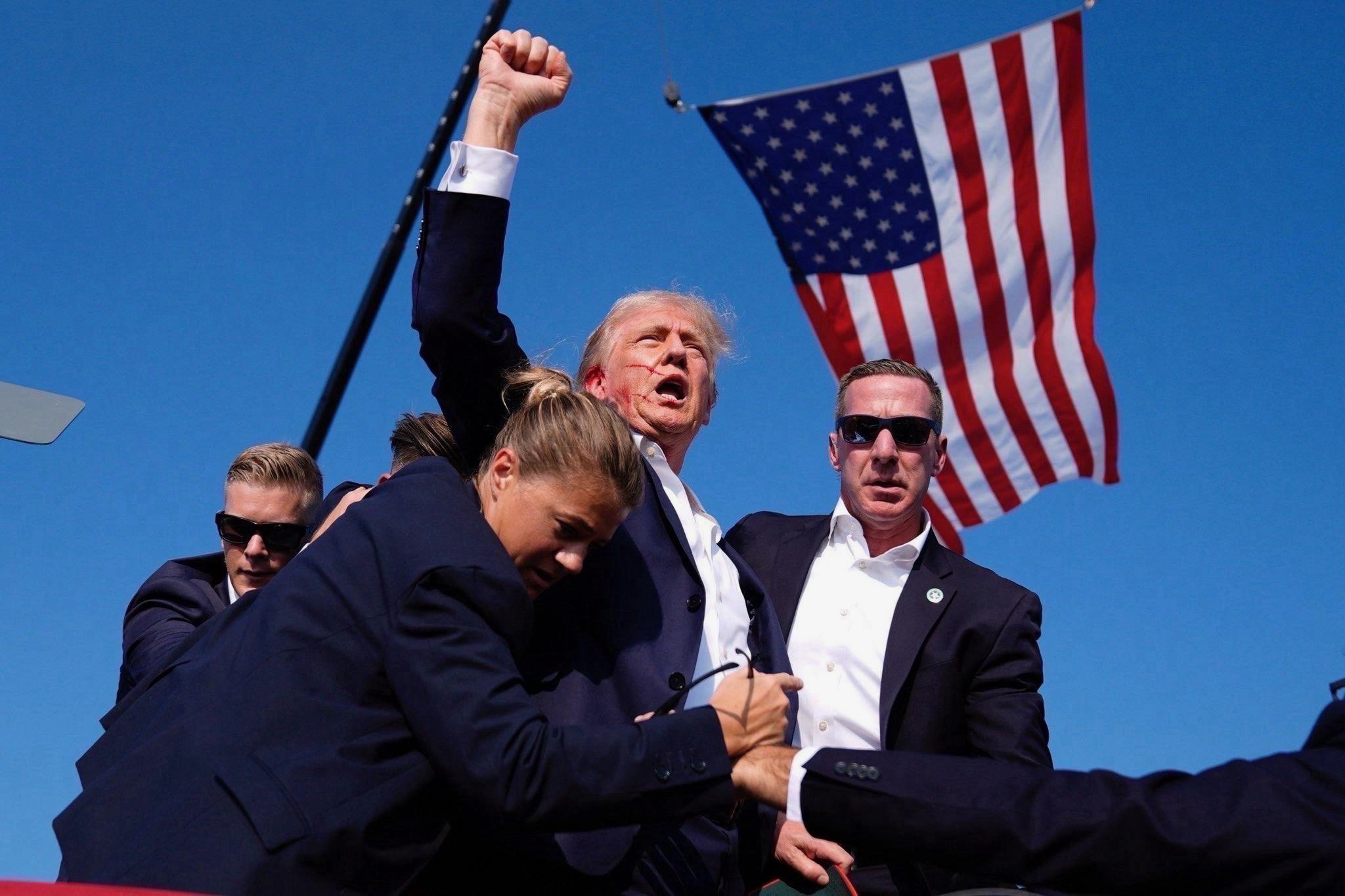
Source: @DonaldJTrumpJr/X
However, he later called for national unity, emphasizing the need to stand together. His campaign echoed this sentiment, urging calm and a commitment to peace in an internal memo seen by Reuters.
Biden's Condemnation of Violence
President Biden swiftly condemned the assassination attempt, reiterating that there is no place for violence in America. In a televised address, he emphasized the importance of debate and disagreement within the bounds of civility.
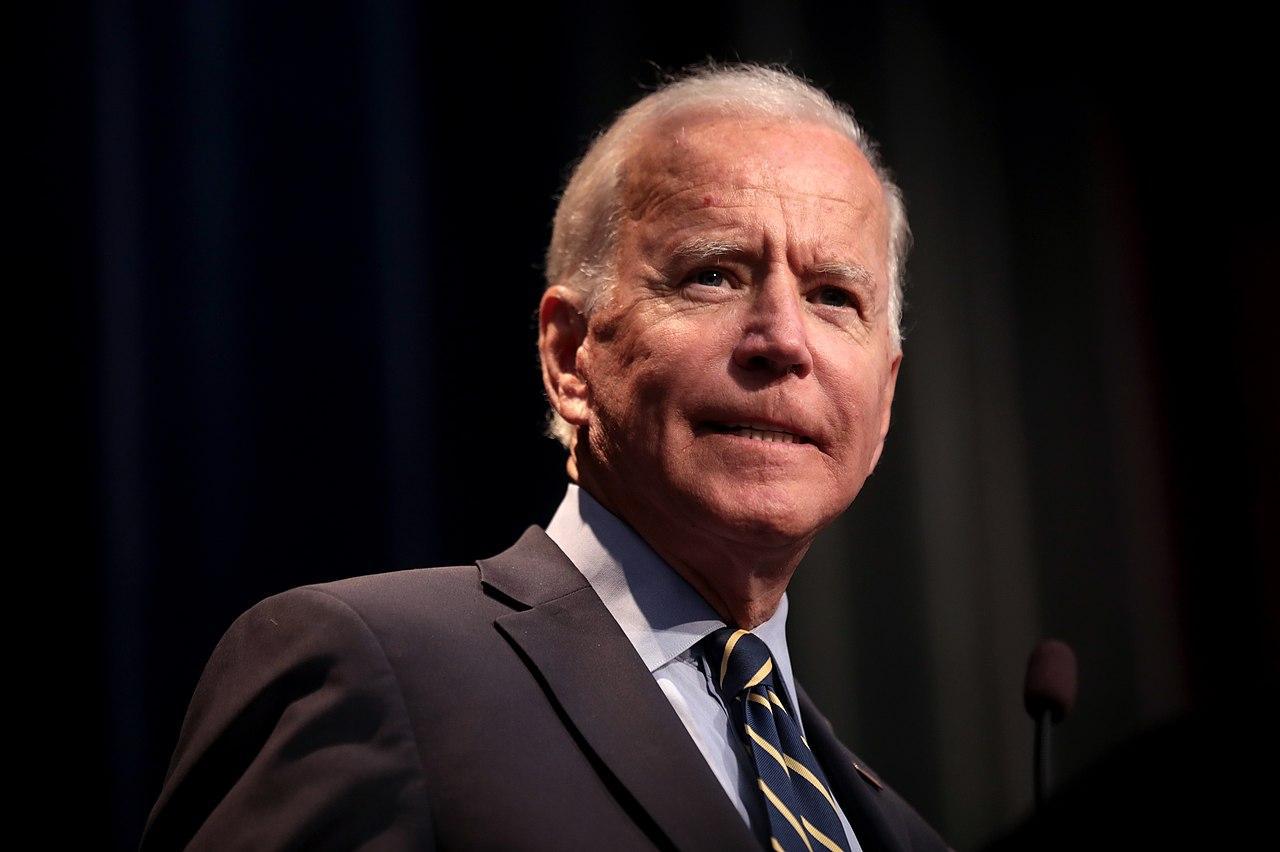
Source: Wikimedia
Biden’s call for unity aimed to de-escalate the rising tensions between political factions.
The Role of Social Media in Political Violence
Social media platforms have played a significant role in amplifying divisive rhetoric. After the 2020 election, threats against election officials surged, fueled by Trump’s unfounded claims of a rigged election.
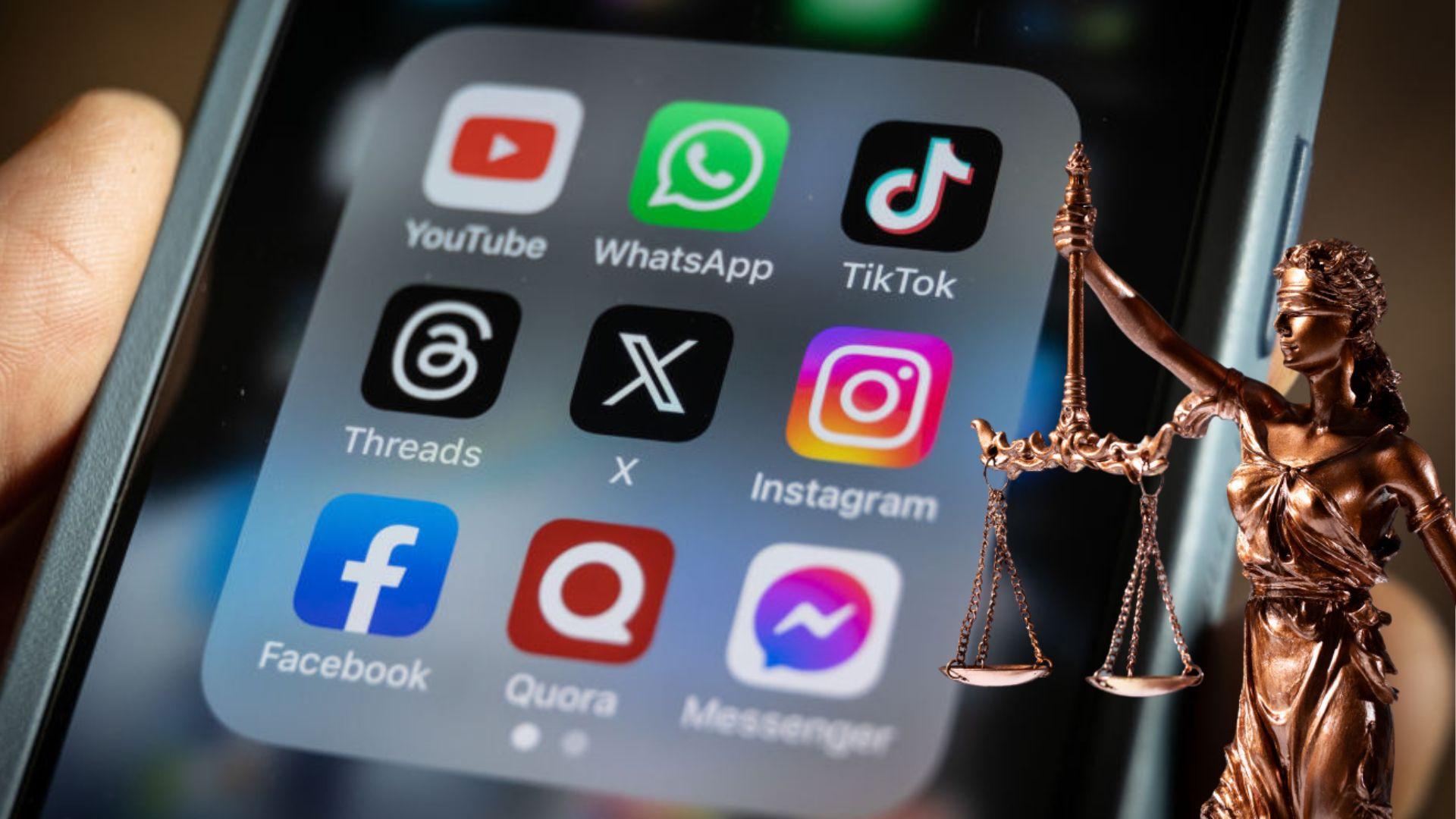
Source: Matt Cardy/Getty Images/Freepik
This pattern of online harassment has continued, with judges handling Trump’s cases also facing increased threats.
The Shooter's Background and Motive
The shooter, Thomas Matthew Crooks, was a 20-year-old registered Republican.
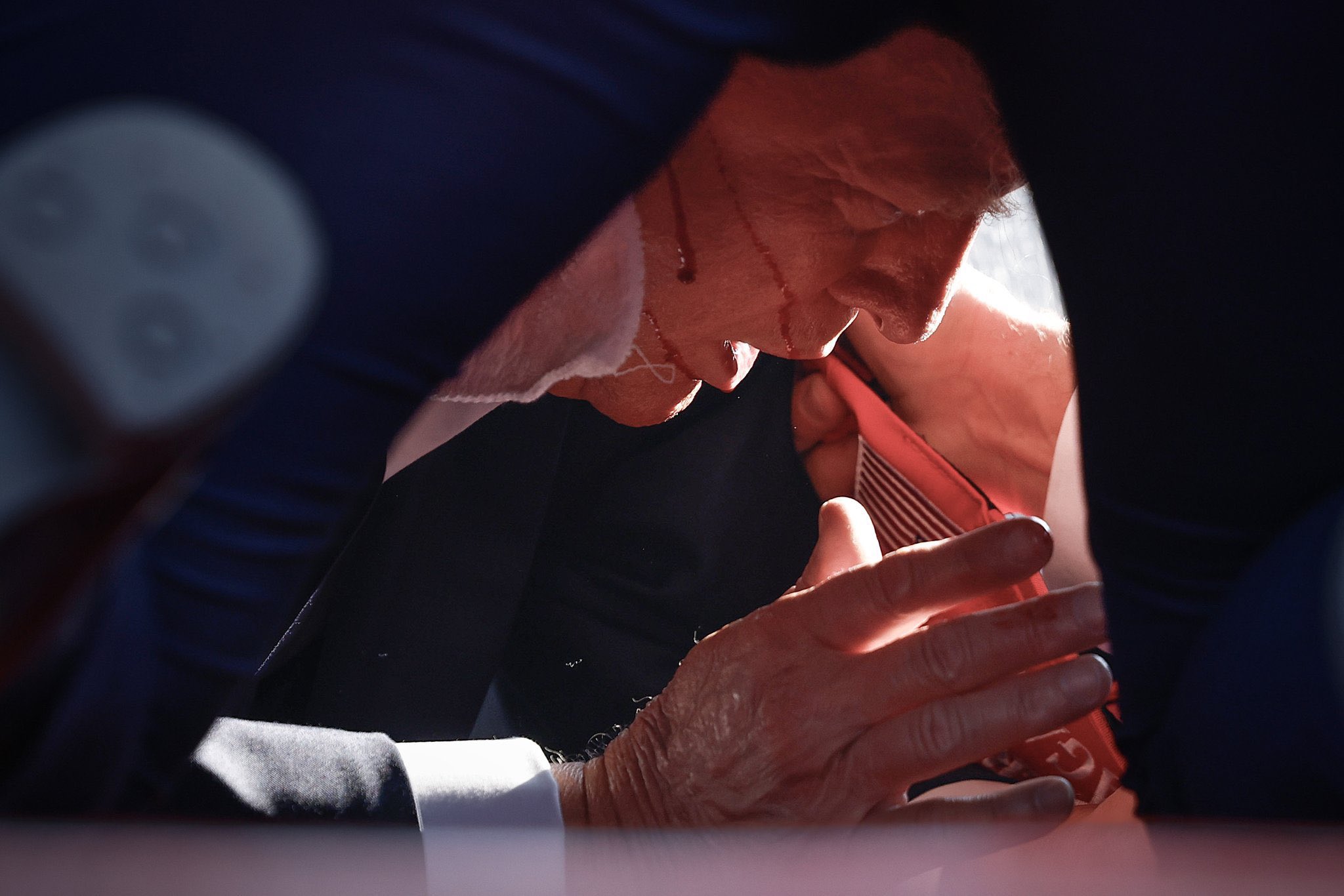
Source: @ACTBrigitte/X
His exact motives remain unclear, but the incident highlights the dangers of politically charged environments.
A Call for Lowering the Temperature
Megan McBride, an expert in domestic violent extremism, emphasized the need for leaders to reduce partisan hatred. She warned that the cycle of retaliatory violence could escalate if not addressed.
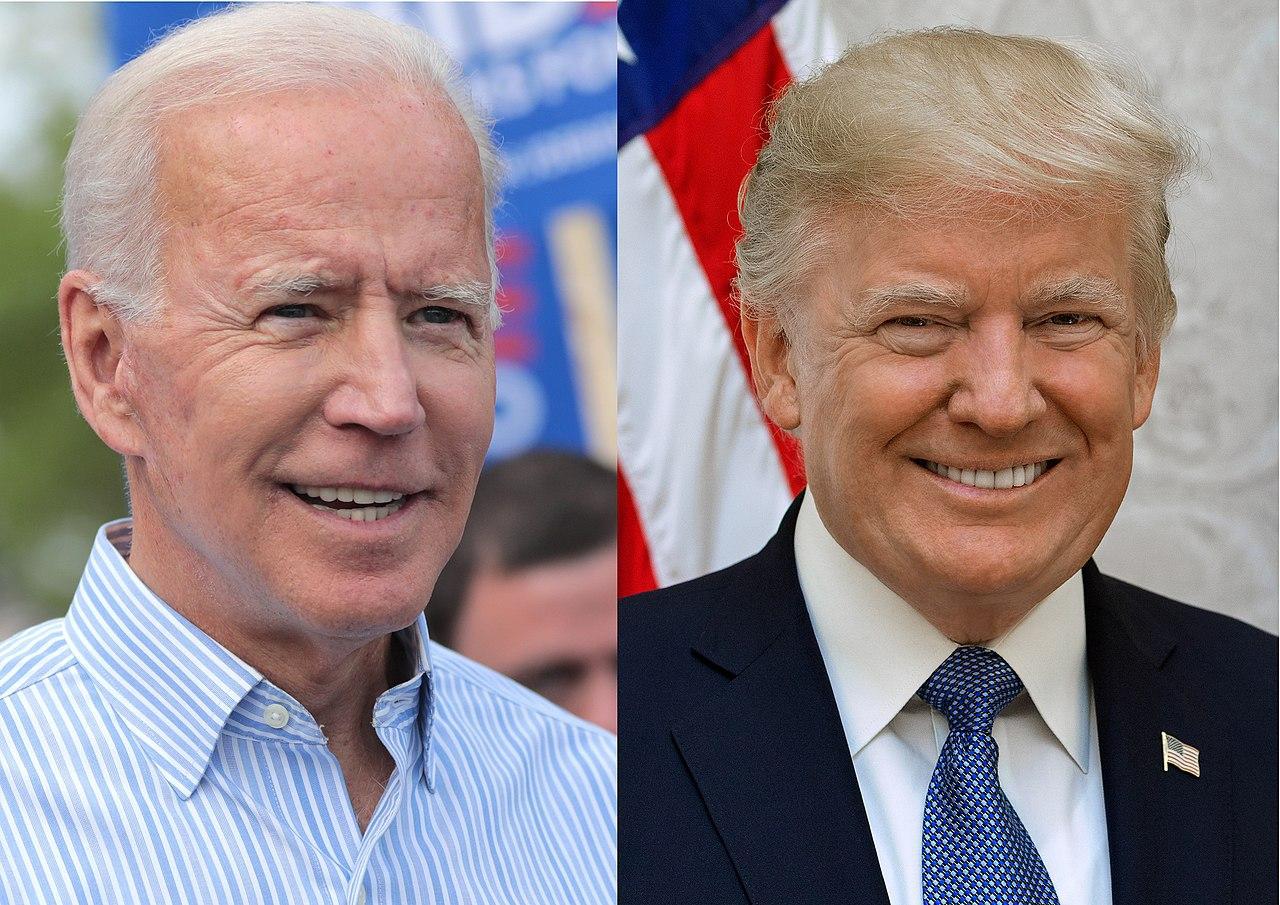
Source: Wikimedia
McBride called for a concerted effort to lower the temperature of political discourse and prevent further incidents — something that especially important the closer we get to November.
